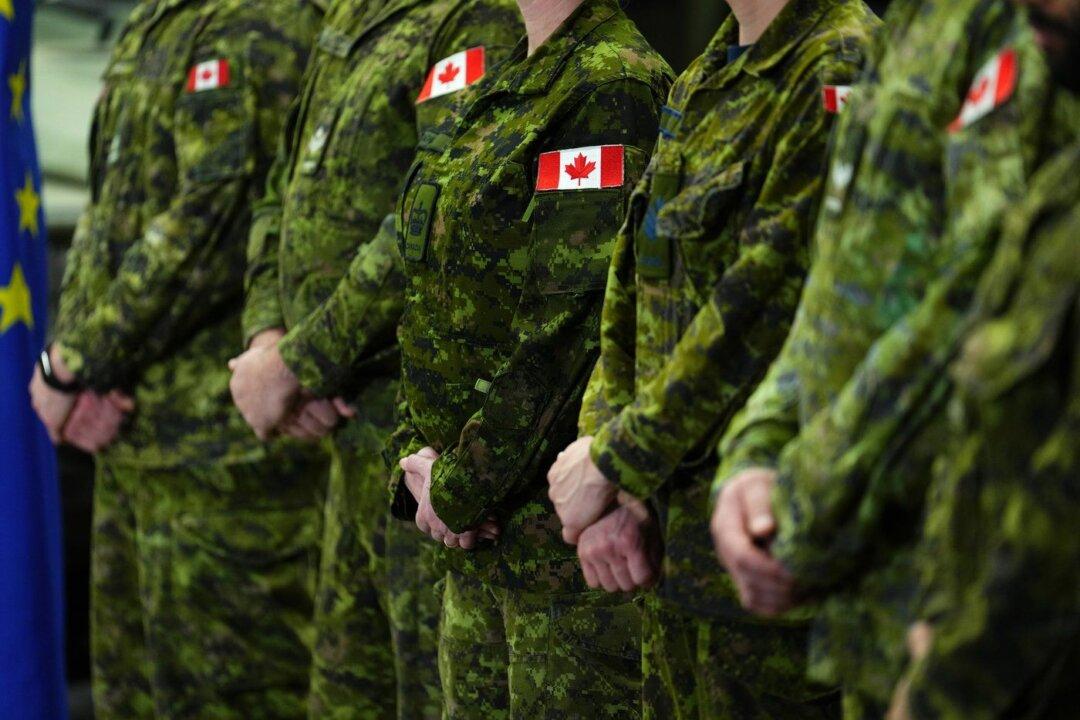The Canadian military is currently recruiting more new candidates than active soldiers are leaving the ranks, says Defence Minister Bill Blair.
“We’ve reversed the trend, and in fact, the number of people joining is now exceeding for the first time in nearly three years the attrition, the people that are leaving, and that is good news,” Mr. Blair told the House of Commons defence committee on Sept. 28.





